Veno Occlusive Disease Treatment
Veno occlusive disease treatment. Hepatic veno-occlusive disease VOD is one of the most serious complications following hematopoietic stem cell transplantation SCT and is associated with a very high mortality in its severe form. Methylprednisolone may be considered for use in the treatment of veno-occlusive disease with the appropriate caveats of caution regarding infection 2C. Review Defibrotide sodium for the treatment of hepatic veno-occlusive diseasesinusoidal obstruction syndrome.
Treatment of VOD Monitoring of busulfan levels Monitoring of chemotherapy levels is routine in SCT. An oral medicine called ursodeoxycholic acid or an. Schouten van der Velden AP1.
Cheuk DKL et al Interventions for prophylaxis of hepatic veno-occlusive disease in people undergoing haematopoietic stem cell transplantation Review. VOD is caused by high doses of chemotherapy and radiation therapy given before an allogeneic stem cell transplant. Richardson PG Triplett BM Ho VT Chao N Dignan FL Maglio M Mohty M.
Prophylaxis and treatment remain important components of supportive care. Sinusoidal obstruction syndrome SOS previously called veno-occlusive disease VOD can be a difficult problem after hematopoietic cell transplantation HCT. A prospective randomized trial.
Prevention of hepatic veno-occlusive disease after bone marrow transplantation by continuous infusion of low-dose heparin. Sorafenib is effective in the treatment of pulmonary veno-occlusive disease. Imatinib in pulmonary arterial hypertension patients with inadequate response to established therapy.
Veno-occlusive disease VOD Veno-occlusive disease VOD which is also called sinusoidal obstruction syndrome SOS happens when the small blood vessels that lead into the liver and are inside the liver become blocked. The overall incidence has changed since the early days of allogeneic HCT. This review outlines the pathogenesis and clinical features of VOD with an.
Attal M Huguet F Rubie H et al. Monitoring of busulfan is aimed at reducing the risk of VOD.
Hepatic veno-occlusive disease after hematopoietic stem cell transplantation.
A patient with relapsed HLH related to Epstein-Barr virus showed the sequential severe complications of veno-occlusive disease transplantation-associated thrombotic microangiopathy and acute graft-vs-host disease after haploidentical transplantation. Preventive Medications for Transplants. Sorafenib is effective in the treatment of pulmonary veno-occlusive disease. Medications like Ursodeoxycholic acid is given to. Hepatic veno-occlusive disease VOD is one of the most serious complications following hematopoietic stem cell transplantation SCT and is associated with a very high mortality in its severe form. Treatment of VOD Monitoring of busulfan levels Monitoring of chemotherapy levels is routine in SCT. Prophylaxis and treatment remain important components of supportive care. Expert Rev Clin Pharmacol. Kataoka M Yanagisawa R Fukuda K et al.
Hepatic veno-occlusive disease after neoadjuvant treatment of colorectal liver metastases with oxaliplatin. Massive ascites andor pleural effusion may cause major discomfort or restrictive pulmonary syndrome and symptomatic treatment may include oxygen therapy or. This patient was successfully treated by stopping administration of calcineurin inhibitors and instead treating with. Sinusoidal obstruction syndrome SOS previously called veno-occlusive disease VOD can be a difficult problem after hematopoietic cell transplantation HCT. Sorafenib is effective in the treatment of pulmonary veno-occlusive disease. An oral medicine called ursodeoxycholic acid or an. Methylprednisolone may be considered for use in the treatment of veno-occlusive disease with the appropriate caveats of caution regarding infection 2C.

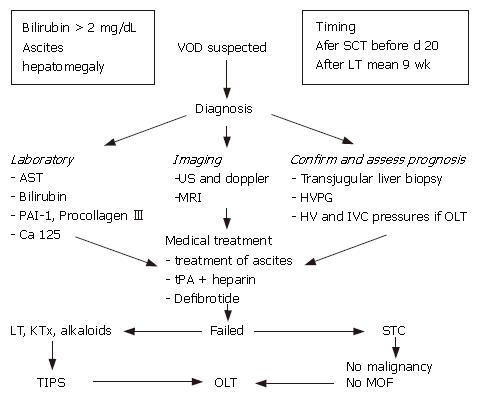

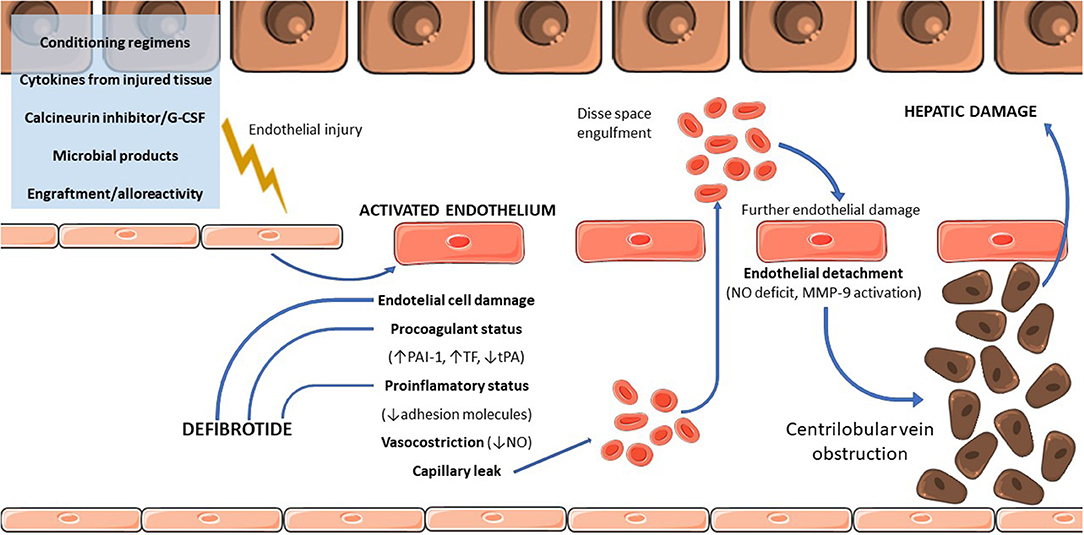




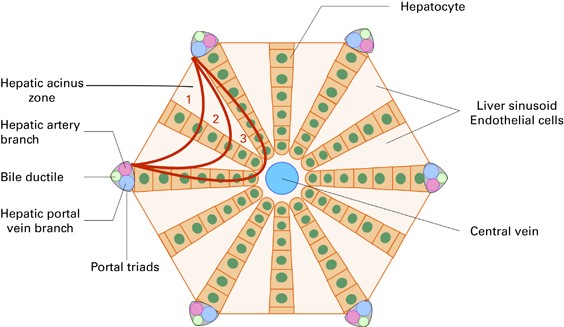
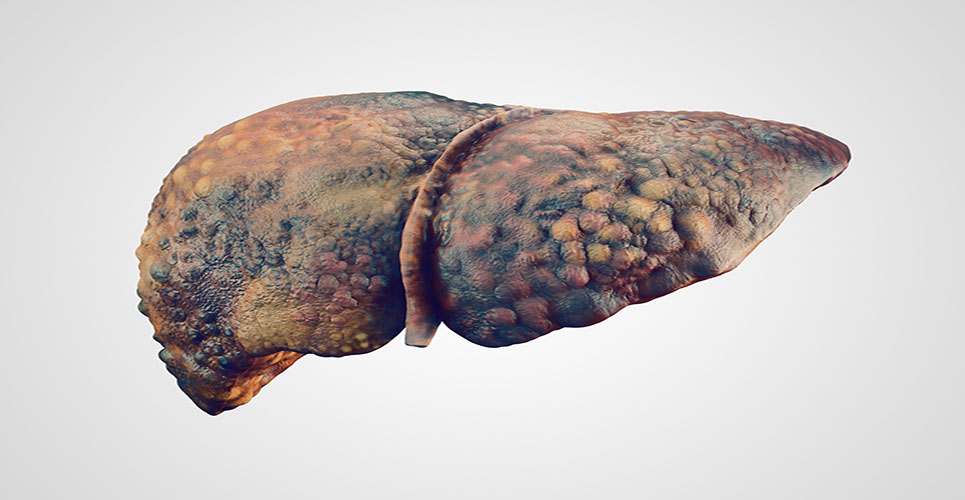
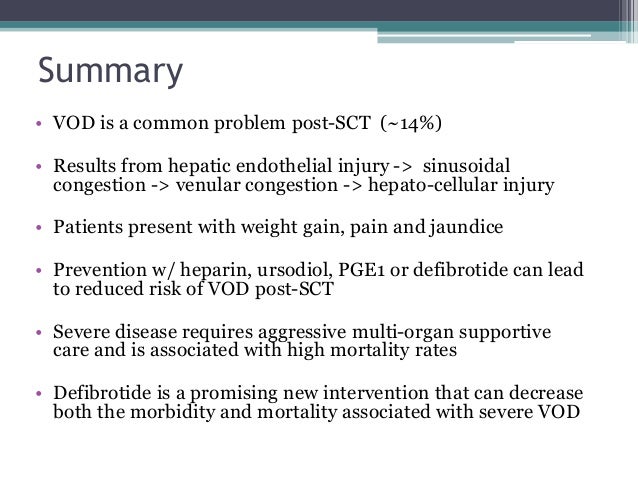
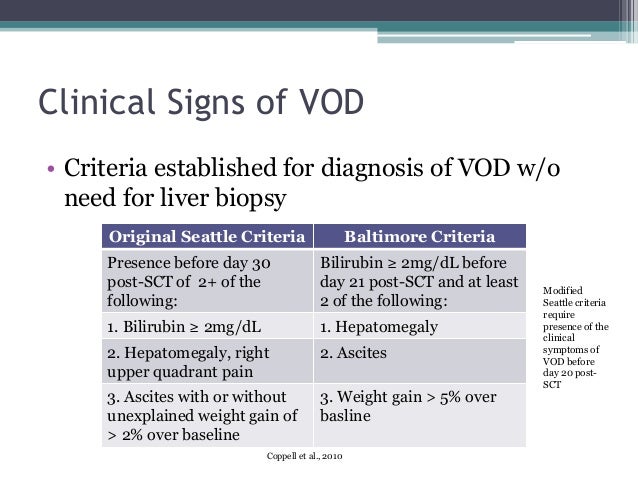
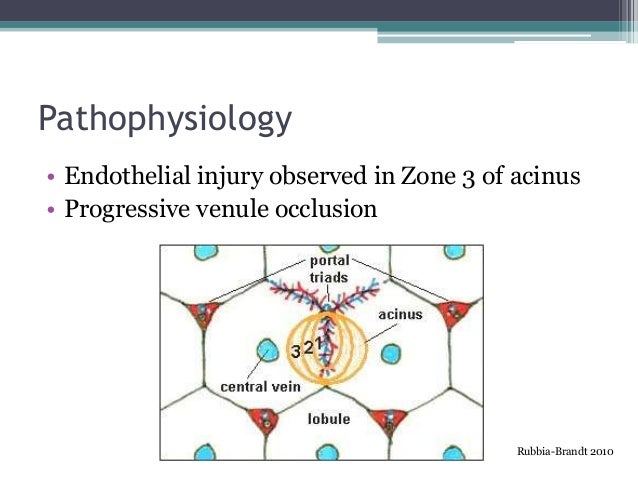



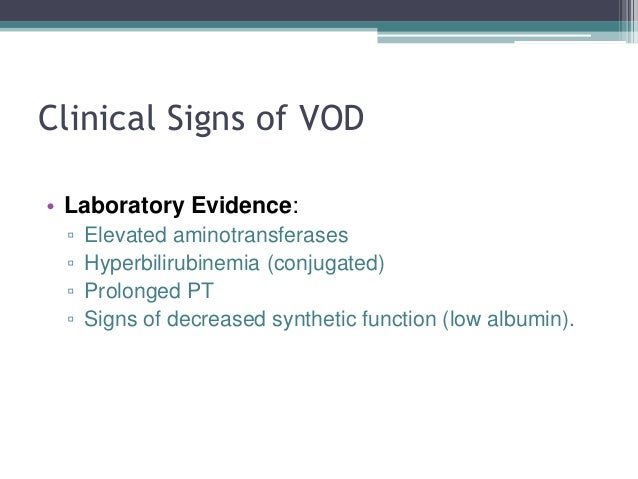

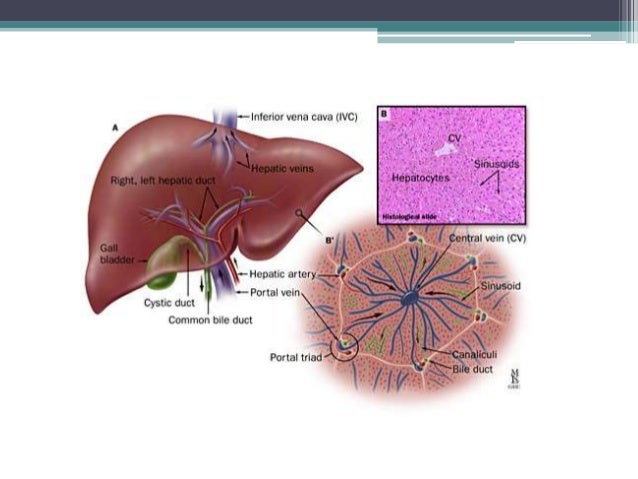

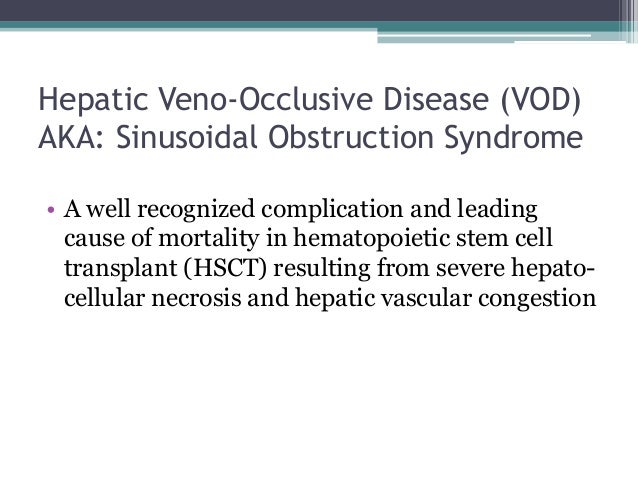
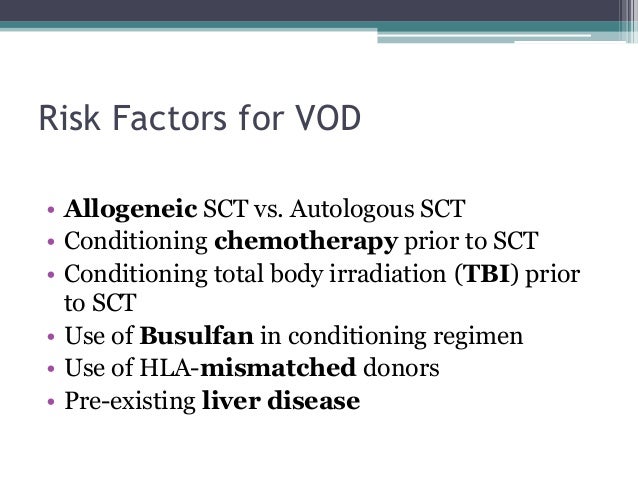









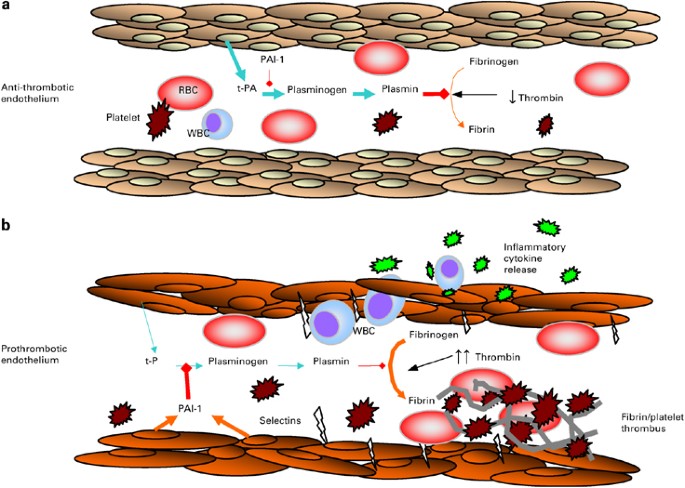
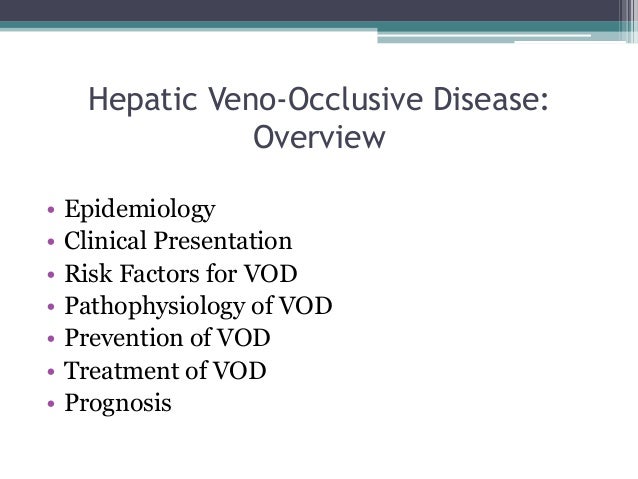





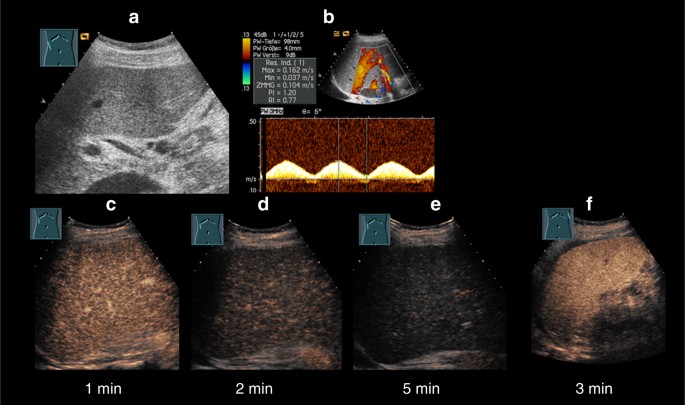



Post a Comment for "Veno Occlusive Disease Treatment"